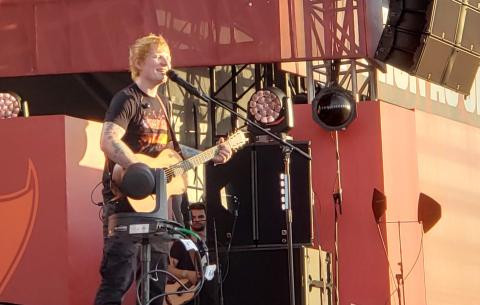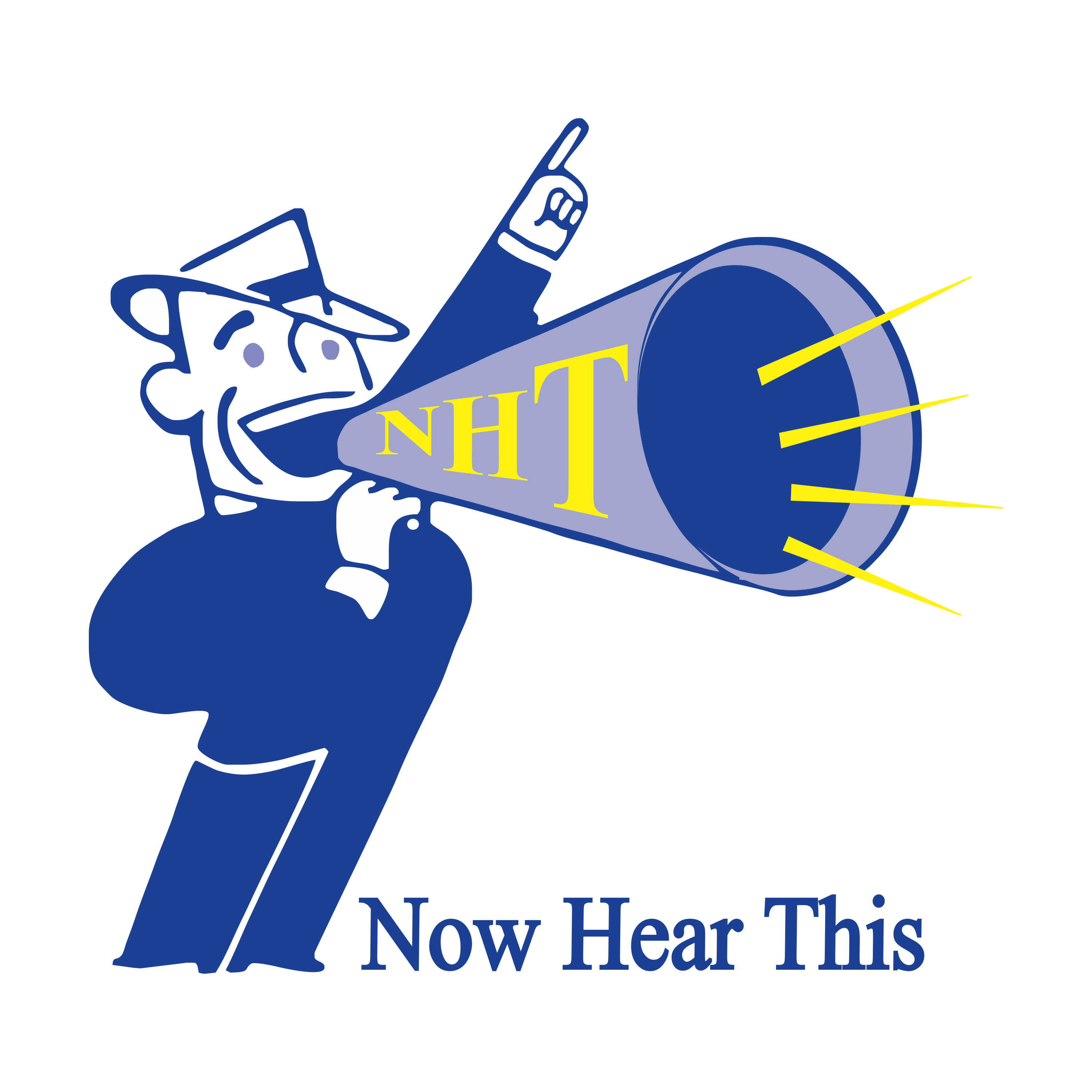
It’s ironic that what I’m writing about this week is flaring up right as I’m in the middle of working with a recording artist client on getting some of her original music copyrighted. I guess if nothing else it symbolizes how important it is in the music business to get that task taken care of.
The timing is also quite ironic in that I recently heard the latest suggestion that there’s a risk involved in playing your new original songs at, say, a writer’s round in Nashville, for fear of someone in the audience stealing your song. Believe me when I say that this isn’t the first time that I’ve heard this. I won’t weigh in on it. And I won’t even say that that’s a blog for another time. I’ll simply leave it for you to ponder and make your own choices.
Meanwhile, let’s look at the state of what has been happening.
A CBS News report last week said that a band is suing Dua Lipa “for stealing one of their songs.” The article says that “Levitating” – a song that Dua Lipa has had on the pop music charts for 72 weeks in a row – has “the same key and tempo, same melody, and same chords.”
| Related posts: |
| What are You NOT Doing for Your Indie Music Career? |
| Being Honest and Responsive Will Serve Your Indie Music Career Well |
The article goes on to cite other cases as well since these legal cases have gotten more and more common nowadays.
There’s mention made that “Martin Harrington and Thomas Leonard (“Amazing”) sued Ed Sheeran (“Photograph”) and won co-writing credit and royalties.”
It’s no coincidence that Ed Sheeran (pictured above) posted on TikTok recently, talking about being in the mix with all the copyright violations that some artists are trying to allege.
The CBS News article references a musician/lawyer/programmer who has a hard drive containing “68 billion melodies that arguably include every melody that’s ever been written and every melody that ever can be written. He and a friend wrote a software program to generate those 68 billion melodies to make that point that suing over a snippet of a song is absurd.”
What this all adds up to is that copyrighting is serious business. That’s why it’s done through a government entity and not on an “I called it first” basis. It’s not on the honor system and it’s not borrowed or “you knew what I meant.”
It’s also part of the bigger picture relative to artist royalties – yes, including streaming percentages – as more and more efforts are undertaken to finally get the proverbial ‘little guy’ paid.
I’m not an attorney and I’m not pretending to dole out legal advice here. What I am saying, though, is that if you create original music, get it copyrighted. And if you think you’re going to rip off someone’s (copyrighted) song and not get caught, you don’t have to be a lawyer to know that you will get caught and you will pay a price – literally, not figuratively.
And if you’d rather just try to take a shortcut instead of actually filing with the U.S. Copyright office (“can’t I just [insert end around here]?”) then ask yourself, (a) Why would there be a copyright office, then, and (b) wouldn’t everyone else just take that shortcut instead too?
I’m sorry, but, a common refrain here in my weekly blog and on the weekly “Now Hear This Entertainment” podcast needs to be repeated here again. If you’re creating original music and trying to make a living doing so, you are a business. With that comes laws, rules, regulations, and things like following proper procedures such as filing for and adhering to copyrights. Oh, and not trying to make some claim that someone’s song is too much like yours.
Maybe you’re good with all of the above but need help with some other aspect of your music career. I’ve been doing management, promotion, and booking for independent artists around the U.S. for 18 years now. Take advantage of my experience by scheduling a private, one-on-one, online video consultation with me and let’s talk about whatever challenges you are having so we can make sure you keep moving forward.
